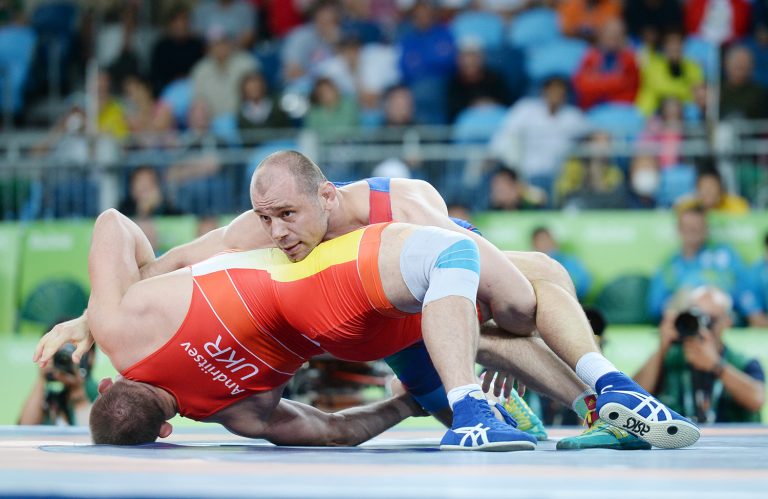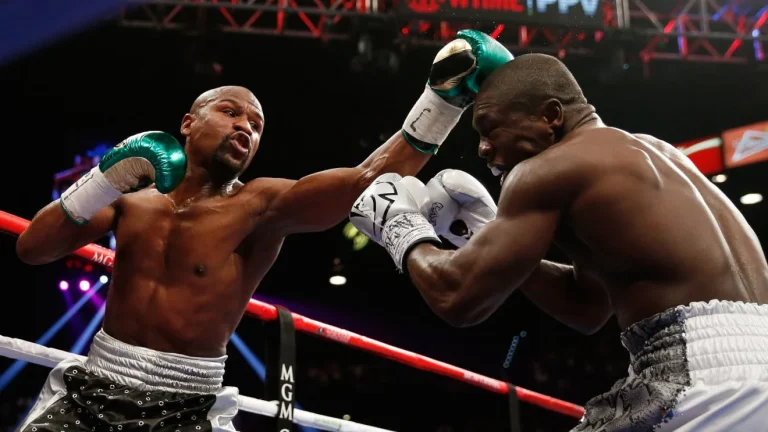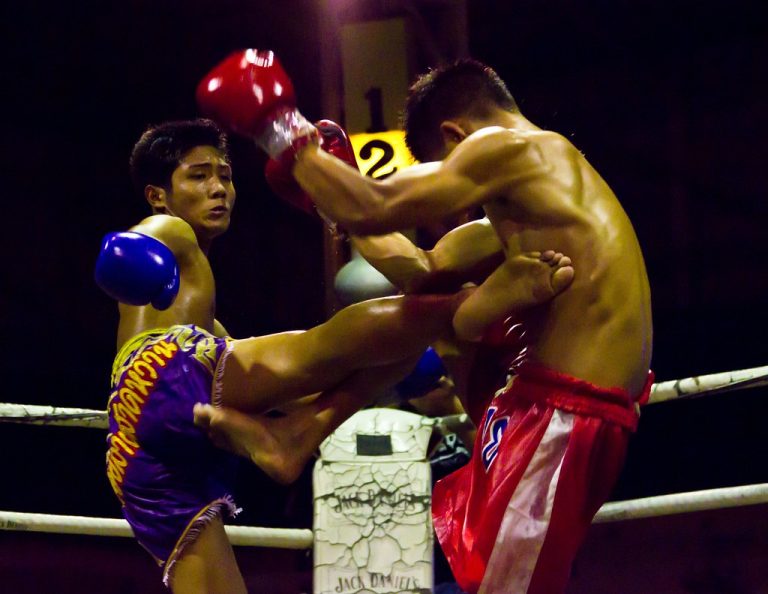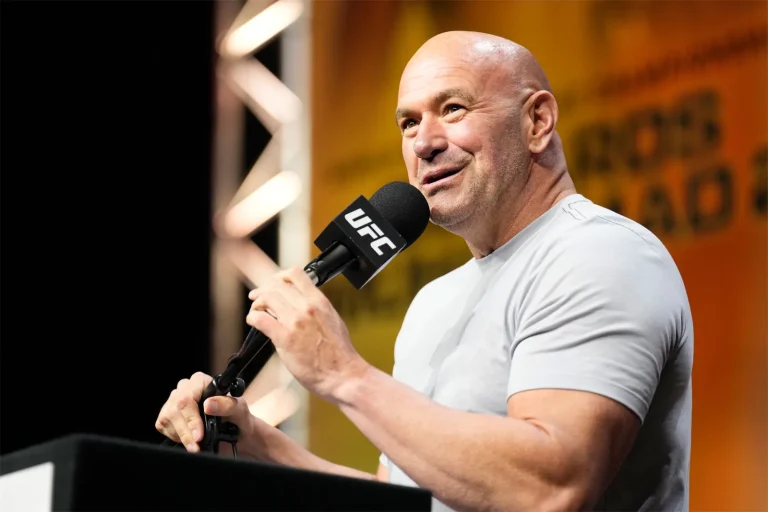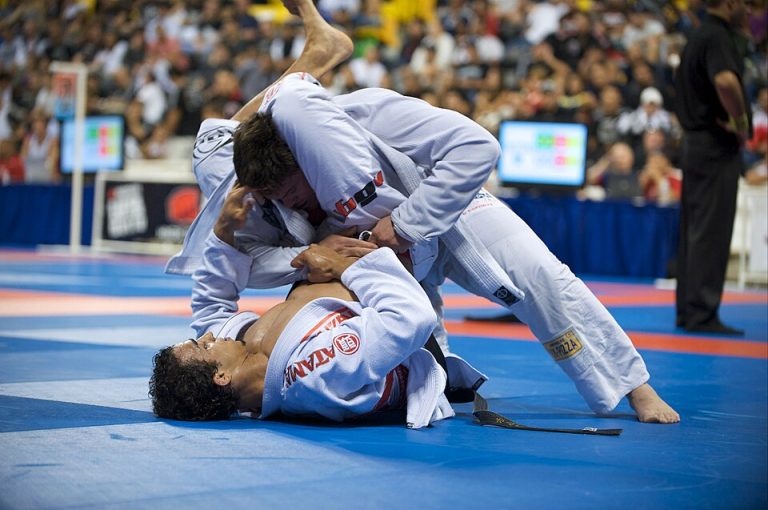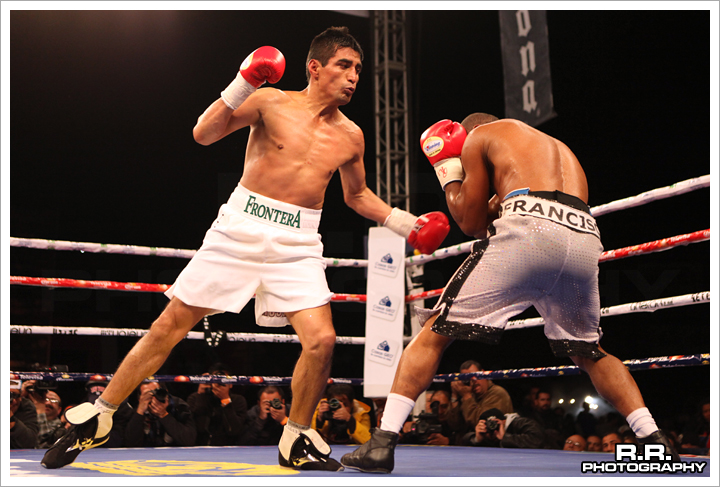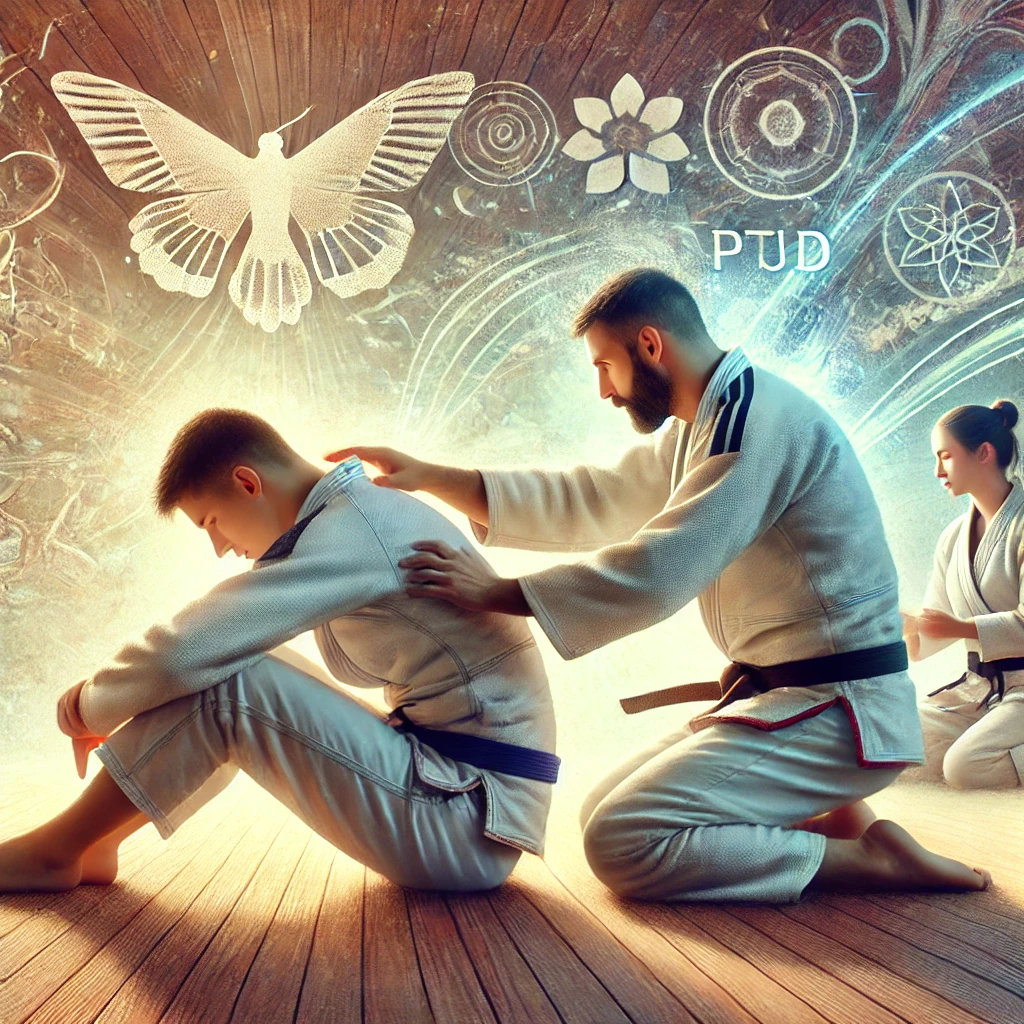
Many people are signing up for Brazilian Jiu-Jitsu classes to reap the many benefits of training, such as improved physical and mental health. There’s a lot more to training BJJ than slick submission moves; it can also be a powerful tool for tackling something more serious: Post-Traumatic Stress Disorder (PTSD).
Submitting PTSD with Brazilian Jiu-Jitsu training
PTSD isn’t just a buzzword that was created a few decades ago to describe the mental challenges soldiers go through after being in combat zones. It’s a severe mental health that affects millions of people who have lived through traumatic events. The World Health Organization states about 3.9 percent of people will deal with PTSD at some point in their lives.
Some of the ways BJJ training helps against PTSD and its symptoms include:
1. Provides aerobic exercise
PTSD often hits those afflicted by it pretty hard with symptoms like hyper-vigilance, depression, anxiety, and flashbacks. Conventional treatments for PTSD include psychotherapy and medication, but these things aren’t always enough. Some people need alternative treatments like regular aerobic exercise to help fight symptoms like anxiety and depression.
BJJ training gives you a mix of aerobic and anaerobic exercise, making it an alternative treatment for PTSD. Training gives you a full-body workout that engages your mind as much as your muscles. Brazilian Jiu-Jitsu is often compared to playing chess with bodies.
2. Distracts your mind from negative thoughts and emotions
Learning BJJ isn’t just about learning how to choke people out or perform flying triangles; it also trains your mind to focus, adapt, and strategize as you roll (spar) with your training partners.
People with PTSD often report feeling like they’re stuck in a loop where they’re constantly reliving their traumatic event. BJJ classes force you to be in the present, taking your mind off negative emotions that contribute to your symptoms. In other words, you don’t have time for your mind to drift while defending against an armbar. It provides a mental reset that helps you to break the negative cycle caused by PTSD.
3. Heals through physical contact and trust
Physical touch can be a trigger for people with PTSD. Rolling around with strangers might sound like the last thing on your mind. However, learning BJJ will help you to reclaim your sense of control over your body and environment. It provides a form of exposure therapy.
Your training will teach you how to establish boundaries, communicate them to your training partners, and respect their boundaries. BJJ classes aren’t about overpowering your training partners. It’s about building trust and mutual respect.
The trust you and your training partners develop for each other will rebuild your confidence, and you’ll gain a community that will support you inside and outside the dojo. The sense of belonging that you get from attending classes can be highly healing for someone dealing with the feelings of isolation that often come with PTSD.
4. Provides a release
You probably feel better after a good workout if you’re into strength and conditioning. That’s caused by sweat and stress leaving your body. BJJ training takes things to the next level since it provides high-intensity interval training. You burn up to 1,000 calories for every hour spent on the mat, compared to the 300 calories you might burn lifting weights for the same duration.
The intense full-body workout you get with BJJ training leads to more stress and sweat leaving your body. BJJ training involves rolling with your training after classes, where you go at each other at full intensity, allowing you to release your emotional baggage in a safe environment.
Your hard work in the dojo will lead to the production of dopamine in your brain, which helps with PTSD symptoms. The release of feel-good hormones will make you feel much lighter emotionally whenever you leave the gym.
5. Encourages a growth mindset
Learning Brazilian Jiu-Jitsu is all about being better today than you were last week. Training requires you to learn two or three techniques the instructor breaks down each class, slowly growing your arsenal of techniques. You’ll have failures along the way, but you’ll also have many victories to celebrate.
People with PTSD often feel like they’re constantly losing a battle they never signed up for. Losing is also part of BJJ, and your training will teach you that it’s not bad. Your instructors will encourage you to learn from your mistakes whenever you get tapped out in class, and you’ll soon realize that’s the secret to mastering BJJ. Your training will teach you to improve, adapt, and overcome.
You’ll no longer look at days when PTSD gets the best of you as failures but rather opportunities to grow. The mindset change will renew your dedication to putting PTSD behind you.
6. Teaches you to stay calm amid chaos
The two words most of your training partners will often say to you during your first few weeks of training are “relax” and “breathe.” That’s because beginners often tense up when trying new techniques or when techniques are being performed on them. Newbies are often so eager to try out new moves they forget to breathe. Your training partners aren’t trying to be condescending; it’s because staying relaxed and breathing are fundamental parts of BJJ.
You need to be relaxed for your brain to anticipate your training partner’s next move, just like you need to control your breathing while fighting off a choke. Controlled breathing is a helpful tool for fighting off symptoms of PTSD, like panic attacks.
People with PTSD can also benefit from the meditative quality of BJJ. Your mind is fully engaged when you roll, and everything fades away.
Overcome PTSD with BJJ
Brazilian Jiu-Jitsu isn’t a magic cure for post-traumatic stress disorder, but it can be effective as part of a comprehensive treatment plan. The physical exercise, mental stimulation, community support, and emotional release it offers will help free your mind from some of PTSD’s symptoms.
Read more:
Stressful Life of a Professional MMA Fighter


